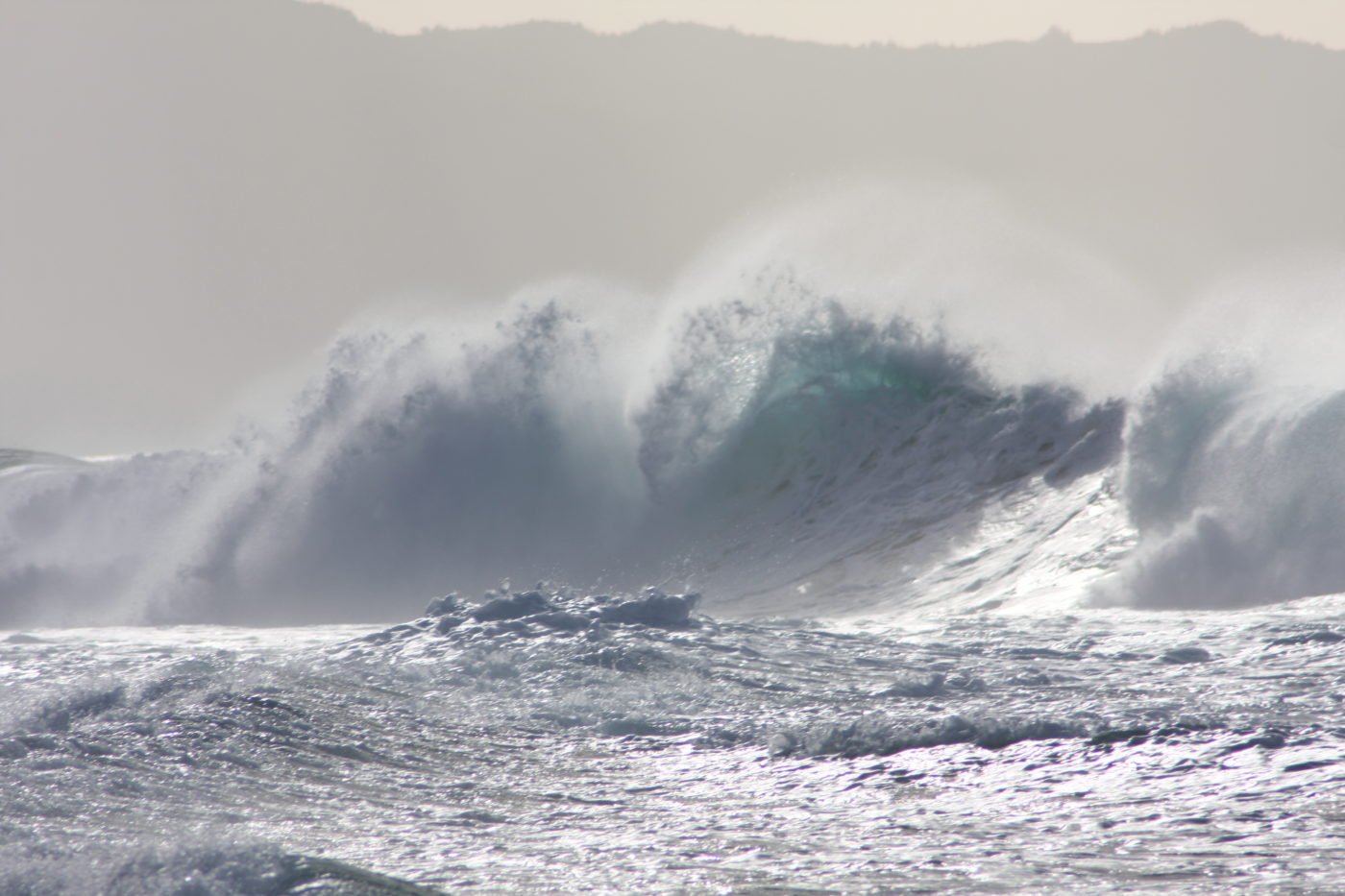What kind of water?
Project author: Małgorzata Owczarska

What is water? How do we treat it? What will our future be, regarding water?
When the epidemic broke out, drought was already ongoing, which led to a certain synergy of crises. Drought did not occur suddenly. For years, the experts have been warning about the deteriorating situation of water resources. In April, dust rose from under our feet. In June, downpours hit, flooded everything, firefighters were rushed off their feet, and local authorities were appointing crisis teams. Nevertheless, many regions are still in danger of drought.
Why do we think about water only when we are inconvenienced by its shortage or excess? How do we think about water, how do we talk about it, how do we treat it and what is it to us, what depends on it? Have we come to take its presence for granted, like water in our taps? We are water, we drink water, we manage water, consume it, swim in it, we water our plants. We believe in health through water, but in the back of our minds we can hear “come in out of the rain and don’t step in the puddle, or you’ll catch your death!”. We channel water in or out, we drain, take care of retention and irrigation, but we cannot get this element under control. It is all very complicated and contradictory. Water – the elixir of life, water – a human right, water – a resource: each definition is fraught with consequences and extremely vague. Perhaps this results from the very nature of water, how easily it seeps through, flows, changes its state of aggregation and permeates various categories. After all, as Andrea Ballestero says, water is a trans-substance.
How we think about water and what is our relationship with it are not just technical questions, but a cultural issue long overdue for careful consideration. We should look at water from an anthropological perspective, precisely as a trans-substance.
Author of the project, Małgorzata Owczarska, asks these questions to women who study or work with water: a physicist, a farmer, an engineer, a sea rescuer, or an Algonquin elder. Recorded interviews are posted as they come. We are hoping to include contributions from our audience. Thus, we will create a collage of various stories about water which will serve as a starting point for a deeper reflection on water.
Join our discussion.
Submitting materials is equivalent to giving your consent to publishing them in all technologies and media formats and to using them for research, popularisation, information and exhibition purposes by Biennale Warszawa and the project author Małgorzata Owczarska. You also consent to the use of your likeness by Biennale Warszawa and the resident artist for the abovementioned purposes.
Share your water experience. Whether your work in municipal waterworks, wash your hands, suffer from drought, help flood victims, like walking along the river, or practice freediving. We would like to learn about your experience of water, your water world – either mundane or quite the opposite, non-obvious and unique. Until the end of July you can fill in a short survey and via the form send us a photo, video, a piece of writing or a comment. Submitted materials will be used for research purposes, and selected submissions will be posted..
“What kind of water?” is an action as part of he online residence “COVID-19. The World After the Pandemic”.
Interviews
Conversation with Aleksandra Kardaś PhD
Conversation with Grandmother Nancy Andry
Conversation with Agnieszka Makowska
Part 1
Part 2
Conversation with Iwona Wagner, PhD
Conversation with Iwona Kołodziejska
Conversation with Ilona Biedroń
Interviewees